WikiFX Deep Dive Review: ExpertOption
Reference to WikiFX records shows that **ExpertOption is a high-risk broker.** While the company has been operating since 2017 and has a popular trading app, the safety foundations are weak.
简体中文
繁體中文
English
Pусский
日本語
ภาษาไทย
Tiếng Việt
Bahasa Indonesia
Español
हिन्दी
Filippiiniläinen
Français
Deutsch
Português
Türkçe
한국어
العربية
Abstract:CySEC warns investors of scams involving fraudsters impersonating officials and using fake websites to deceive traders. Learn how to stay safe from investment fraud.
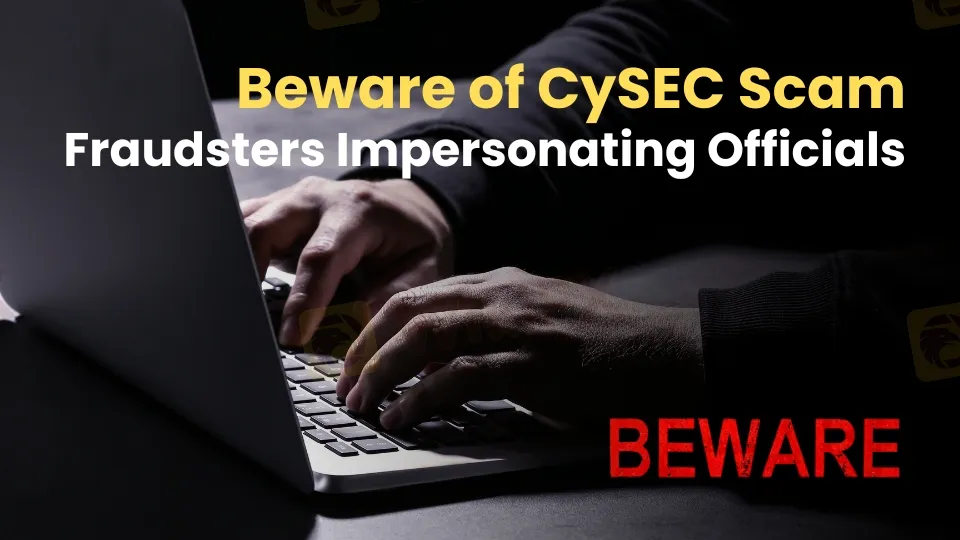
The Cyprus Securities and Exchange Commission (CySEC) is sounding the alarm again as cunning fraudsters step up their game, impersonating its officials to prey on unsuspecting investors. These scammers, masquerading as CySEC representatives, are reaching out—mostly through email—to trick traders with promises of recovering lost funds, only to demand fake fees in return. It‘s a scheme that’s growing more polished and harder to spot, leaving investors vulnerable.
The regulator has also uncovered a troubling rise in clone websites—crafty replicas designed to mimic official CySEC platforms. These fraudulent sites blend real company details with fabricated data, creating an illusion of legitimacy thats convincing enough to fool even cautious investors. The goal? To lure people into sharing sensitive information or handing over money under false pretenses.
In its latest public warning, CySEC laid out the scammers playbook:

CySEC is urging everyone to stay sharp and double-check any communication claiming to come from them. “If it feels off, report it,” the regulator advises, encouraging people to reach out directly to CySEC or local authorities to flag suspicious activity. Its a simple step that could save you from a costly mistake.
Under existing rules, CySEC can‘t force online platforms to shut down these financial scams outright, but it can push for fraudulent ads to be taken down once they’re spotted. This gap has let scammers keep peddling high-risk schemes, often flaunting fake CySEC licensing to reel in victims. Its a persistent headache for the regulator—and a growing risk for the public.
This isn‘t a new fight for CySEC. Just last year, they called out a fake Instagram account, “cysec_cy”, where scammers posed as officials to con investors with bogus fee demands tied to compensation claims. The regulator is crystal clear: they don’t cold-call, send random messages, or ask for your personal or financial info out of the blue. Real CySEC emails always end in “gov.cy”—anything else is a red flag.
These fraudsters often prey on those already burned by failed investments, especially in speculative online trading. Their pitch might sound like a lifeline, but it‘s a trap. Stay wary, verify everything, and don’t let smooth-talking scammers make a bad situation worse.

Disclaimer:
The views in this article only represent the author's personal views, and do not constitute investment advice on this platform. This platform does not guarantee the accuracy, completeness and timeliness of the information in the article, and will not be liable for any loss caused by the use of or reliance on the information in the article.
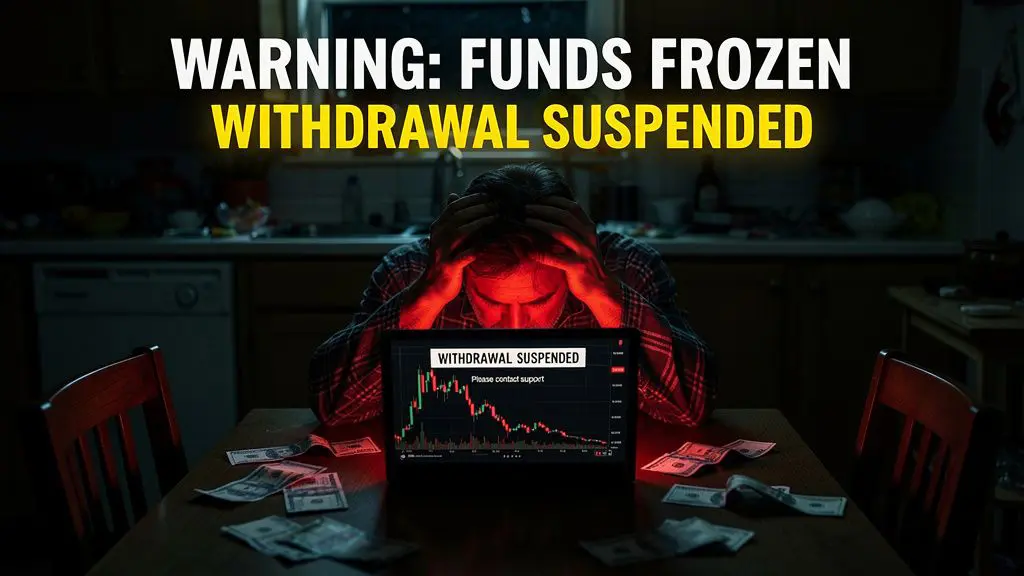
Reference to WikiFX records shows that **ExpertOption is a high-risk broker.** While the company has been operating since 2017 and has a popular trading app, the safety foundations are weak.
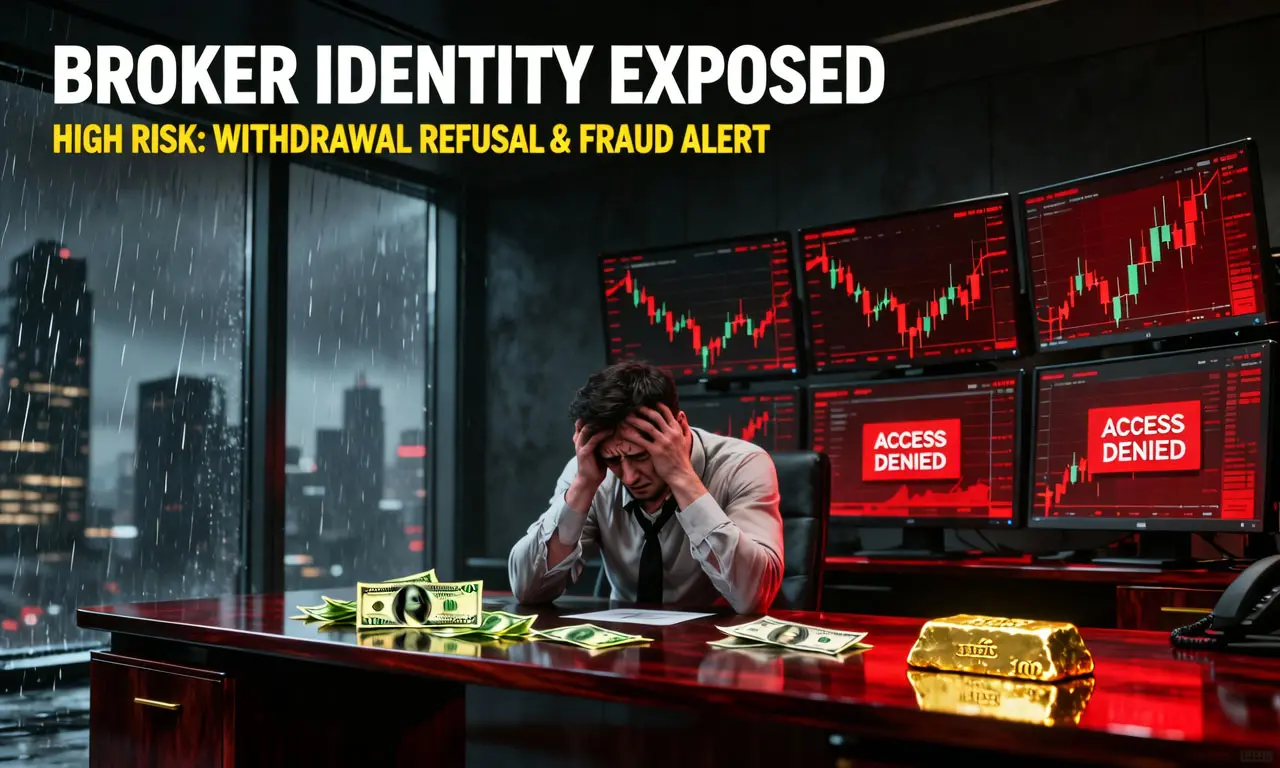
If you are looking into ICM Capital (also known simply as ICM), you might be attracted by their established history since 2017 or their access to the MetaTrader platforms. However, glancing at the surface isn't enough when your capital is at risk. With a concerning WikiFX Score of 2.46 out of 10, this broker is currently flashing warning signals that every potential client needs to understand before hitting the "Deposit" button.
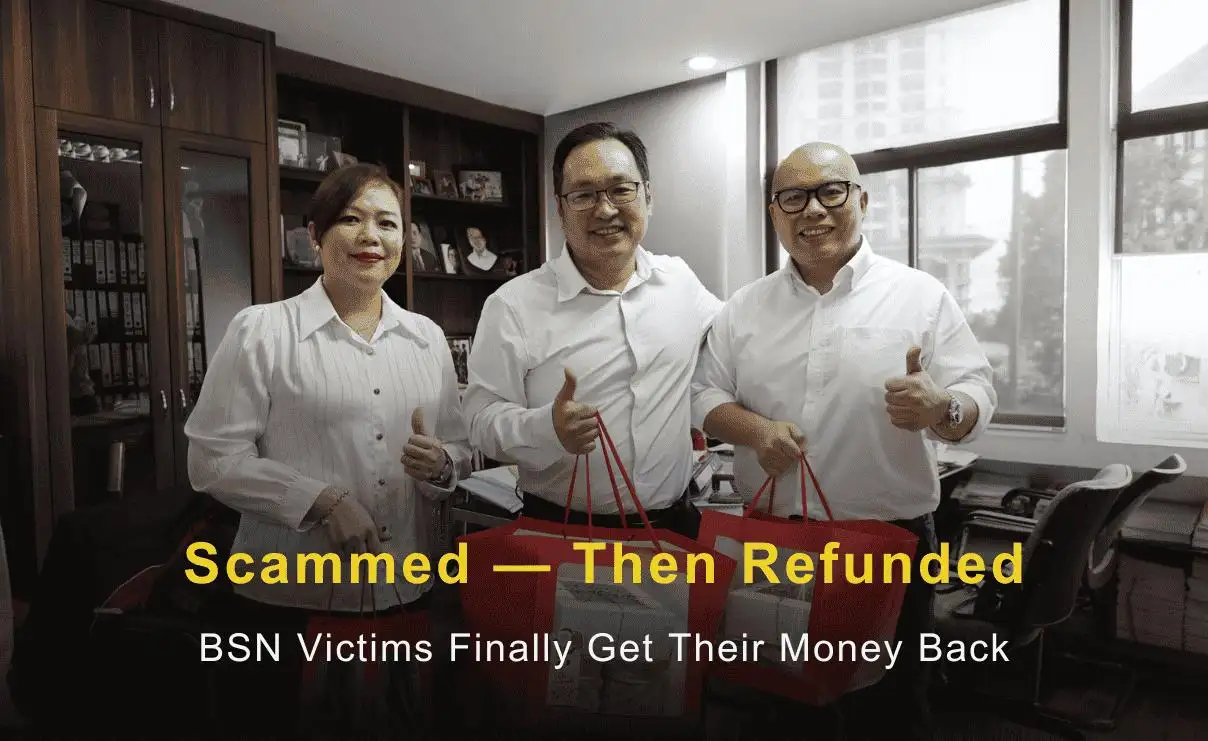
The first batch of victims involved in the BSN investment scam has received full refunds from Bank Simpanan Nasional (BSN), according to Sarawak DAP chairman and Stampin MP Chong Chieng Jen.
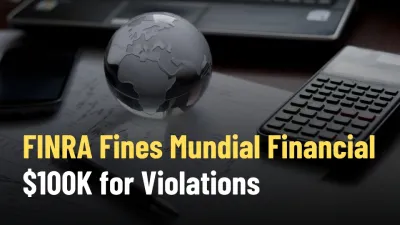
FINRA fines Mundial Financial Group $100K for compliance failures, AML violations, and unregistered principal activity.
